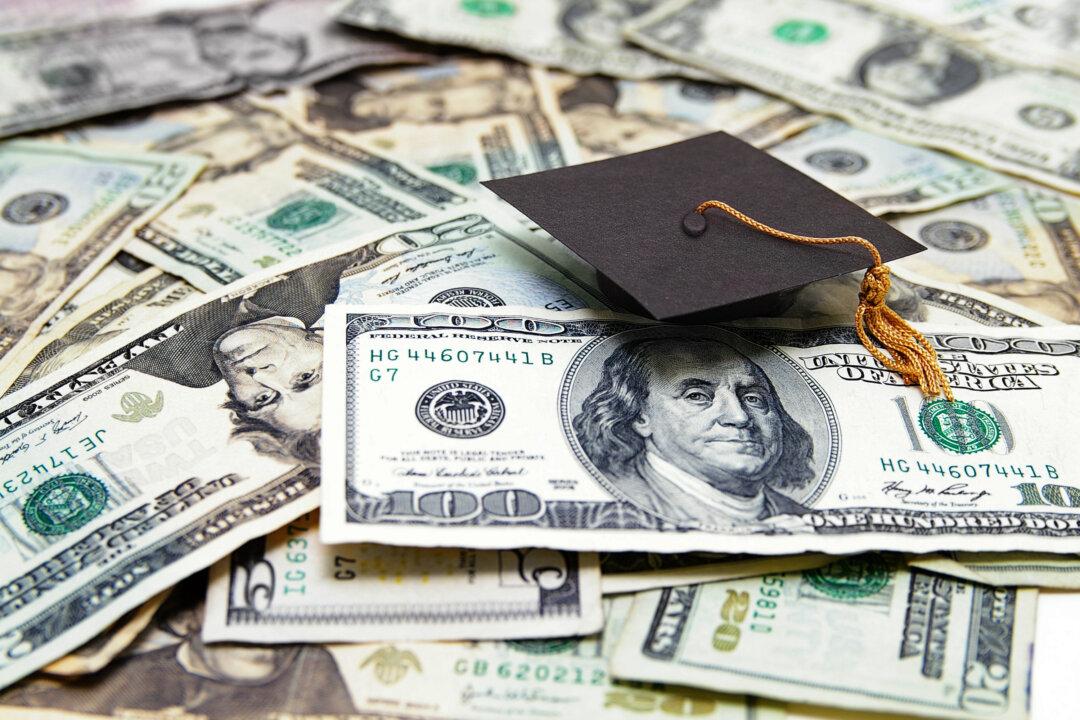Commentary
Americans generally value education highly. They see education as opening doors of opportunity and as crucial to both individual and social progress.

Americans generally value education highly. They see education as opening doors of opportunity and as crucial to both individual and social progress.